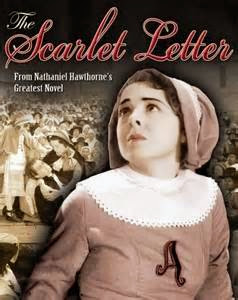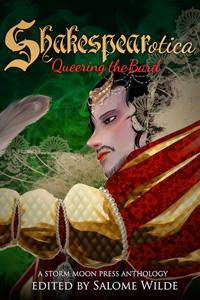by Jean Roberta
[NOTE: This blog was supposed to go live on January 26, but too much multi-tasking caused me to miss my turn. Please excuse me for posting late.]
Those of you who read this blog are probably aware that a writer’s mind is a busy place, somewhat like Hyde Park Corner in London, England, where random strangers can show up and argue with each other. (That’s the only real-world location I know of that is designated for such activity.)
Apparently there is a stampede among writers to self-publish and sell the work on social media, including the various Amazon sites. Even non-writer friends have advised me to do this and thereby make lots of money. Hence the following internal argument.
Inner Cheerleader: Jean, you don’t have to limit yourself to working with established publishing companies. They just want to make money by selling your work.
Jean: Yes, just as the university that employs me just wants to recruit fee-paying students to sit in my classes. Everyone has a financial motive, even charity organizations. They “just” need to make a profit so they can spend it on good causes.
You sound like various bystanders who have reminded me that I don’t have to limit myself to: 1) writing about sex, 2) writing about women, 3) writing about lesbians, gay men, bisexuals or trans folks, 4) writing about Canadians (or about Canadian settings), etc. (Sarcastically) Why don’t I expand my range by writing stories about White Anglo-Saxon male American billionaires who fall in love with younger, poorer women? Oh, that’s been done.
Inner Cheerleader: But you need to keep up with current trends. What sells? Why couldn’t you tap into the zeitgeist? You can’t depend on publishers to promote your work. They don’t do that any more. Your colleague knows a woman who claims she is planning to retire from teaching in a university because she can earn a living by writing about sex with Bigfoot. There’s a market for that.
Jean: I don’t understand the appeal. I don’t think I could write that stuff convincingly.
Inner Cheerleader: If sincerity is your thing, you could exploit it. Why don’t you post a series of articles about your experience in the sex trade?
Jean: That was in the early 1980s. I don’t want to become known as Ye Antique Harlot from Times of Yore. It’s bad enough that the local media sometimes contacts me when there is a change in the laws about prostitution – because they can’t find anyone currently making a living that way. I really don’t want to speak on behalf of marginalized people young enough to be my grandchildren, who are already silenced by legal threats and social stigma.
Inner Cheerleader: But people want to read about sex. You need to have more of a public image. Why don’t you have some sexy photos taken of yourself, and post them in every place that will accept them?
Jean: You seem to be forgetting my age. You have no solid evidence that thrusting my greyish-brown bush (surrounded by cellulite) or the thin skin of my cleavage in the face of the public at large would lead to sales of my writing.
Inner Cheerleader: Photoshop is your friend. And you could be mysterious about your age.
Jean: The birthdates of published writers appear in their books. It’s a way of establishing legal identity.
Inner Cheerleader: Well, why don’t you write a tell-all autobiography, focusing on sex?
Jean: That sounds like a lawsuit waiting to happen. Besides, my actual life is less satisfying in several ways than the stories I make up, which I why I write fiction in the first place. Most people like a plot arc: character sets forth on a journey, encounters difficulties, dragons and orcs, but discovers inner resources, soldiers on, and reaches a place of resolution. That is not a summary of my life, or any actual life I know of. Metaphorically, a life journey can be like that, but we all live in the mundane world.
I like to discuss my life-experience indirectly, by writing: 1) fiction, and 2) non-fiction. Sometimes poetry, though that seems to attract few readers these days.
Inner Cheerleader: I give up. I tried to help you. Don’t blame me if you never become a successful writer.
Jean: Dear narrow-minded aspect of my psyche, your conception of “success” is not the one accepted by most of the scholars I know. Whether my words succeed in lasting longer than I do, only time will tell.
—————





